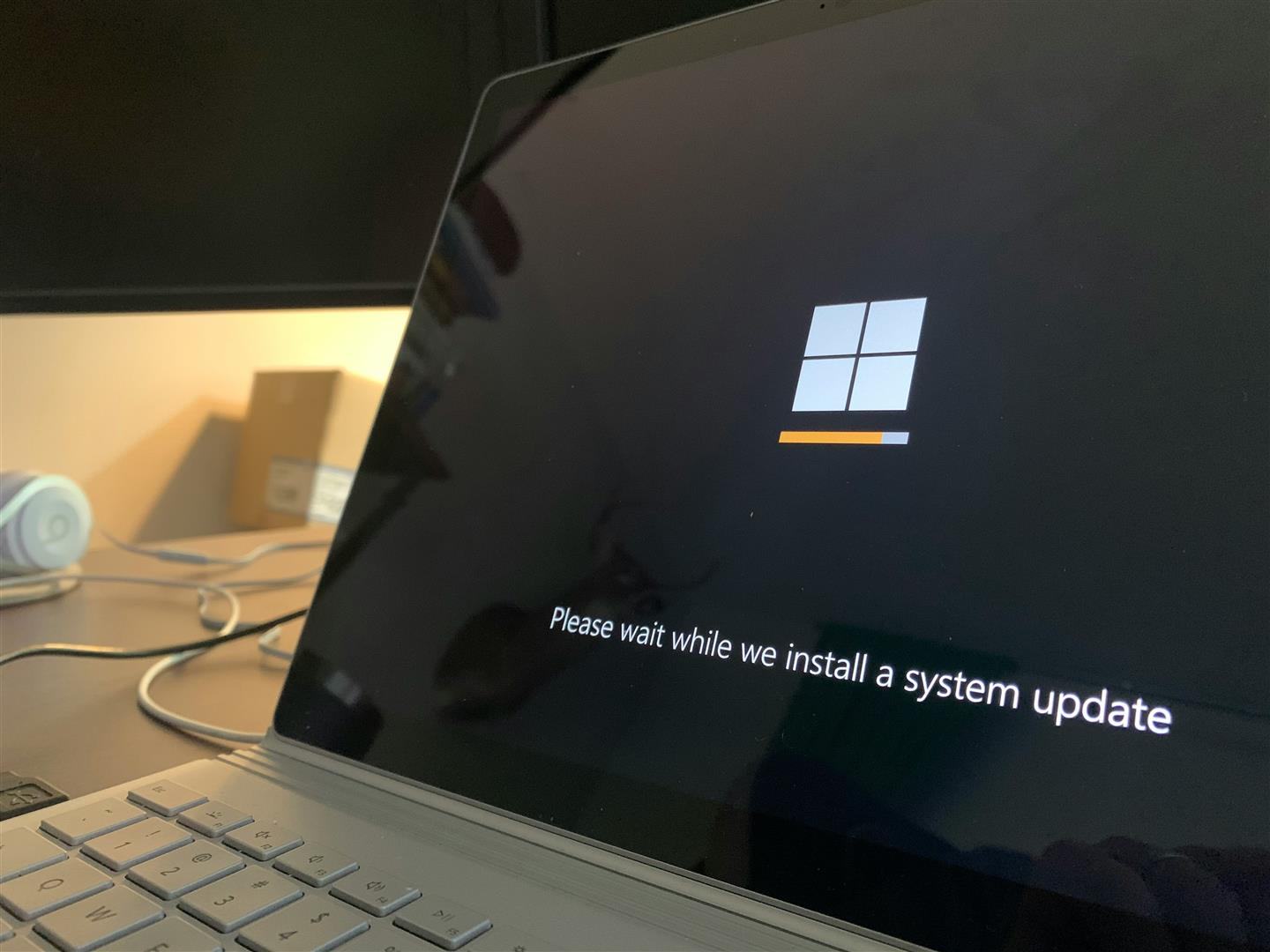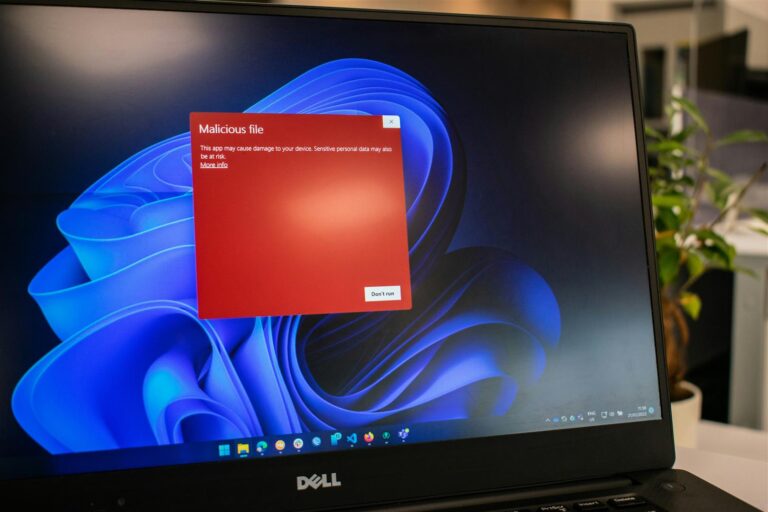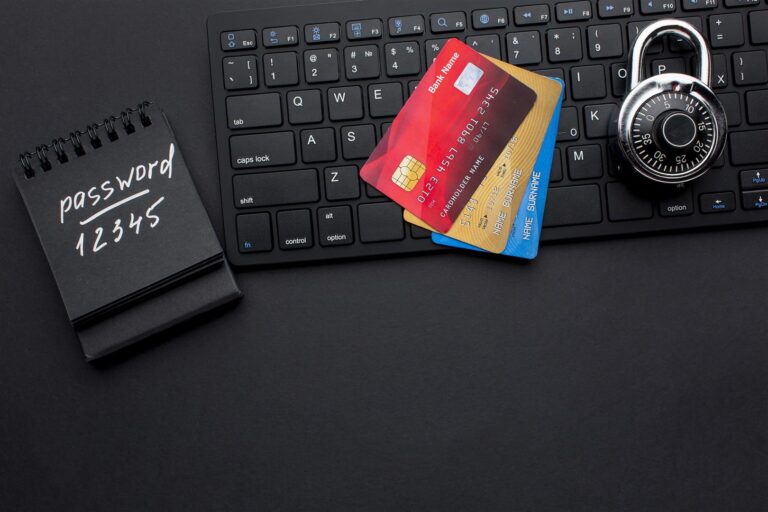Keeping Your Devices Safe: Best Practices for Home and Work
The Importance of Device Security
In our increasingly connected world, keeping your devices secure is more important than ever. With smartphones, tablets, laptops, and smart devices all connected to the internet, they can be vulnerable to cyber threats. Ensuring the security of your devices protects your personal information and helps prevent unauthorized access.
Regular Software Updates
One of the simplest yet most effective ways to secure your devices is to keep your software up-to-date. Software developers regularly release updates to fix vulnerabilities that could be exploited by cybercriminals. Ignoring these updates can leave your devices open to attacks.
- Enable Automatic Updates: Most devices allow you to enable automatic updates for operating systems and applications. This ensures you always have the latest security patches without having to think about it.
Use Antivirus Software
Installing reputable antivirus software is essential for protecting your devices from malware and other cyber threats. Antivirus programs can detect and remove malicious software before it causes harm.
- Keep Antivirus Updated: Just like other software, antivirus programs need regular updates to stay effective. Ensure that your antivirus software is set to update automatically.
Secure Your Wi-Fi Network
Your home Wi-Fi network is often the gateway to your devices. If not secured properly, it can be an easy target for cybercriminals.
- Change Default Passwords: Most routers come with default usernames and passwords, which are often easily guessable. Change these to something unique.
- Enable WPA3 Encryption: Use the latest encryption standard for your Wi-Fi network. WPA3 offers improved security over older standards.
- Hide Your Network SSID: Consider hiding your network name (SSID) so that it doesn’t show up in the list of available networks. This adds an extra layer of obscurity.
Be Cautious with Downloads and Attachments
When downloading files or opening email attachments, exercise caution. Cybercriminals often use seemingly innocuous files to spread malware.
- Scan Downloads: Use your antivirus software to scan files before opening them.
- Avoid Unknown Sources: Only download software and files from trusted sources. If you’re unsure about a link or attachment, it’s better to err on the side of caution and avoid it.
Back Up Your Data Regularly
Regular backups are essential to protect your data in case of a cyber incident, such as ransomware attacks or hardware failures.
- Use Cloud Storage: Consider using cloud storage solutions that offer automatic backups. This ensures your data is safe even if your device is compromised.
- External Hard Drives: For added security, use external hard drives to back up your data. Ensure these drives are disconnected from your device when not in use.
Conclusion
Keeping your devices secure involves a combination of regular updates, using antivirus software, securing your Wi-Fi network, exercising caution with downloads, and backing up your data. By following these best practices, you can significantly reduce your risk of falling victim to cyber threats, ensuring your personal information remains safe.







